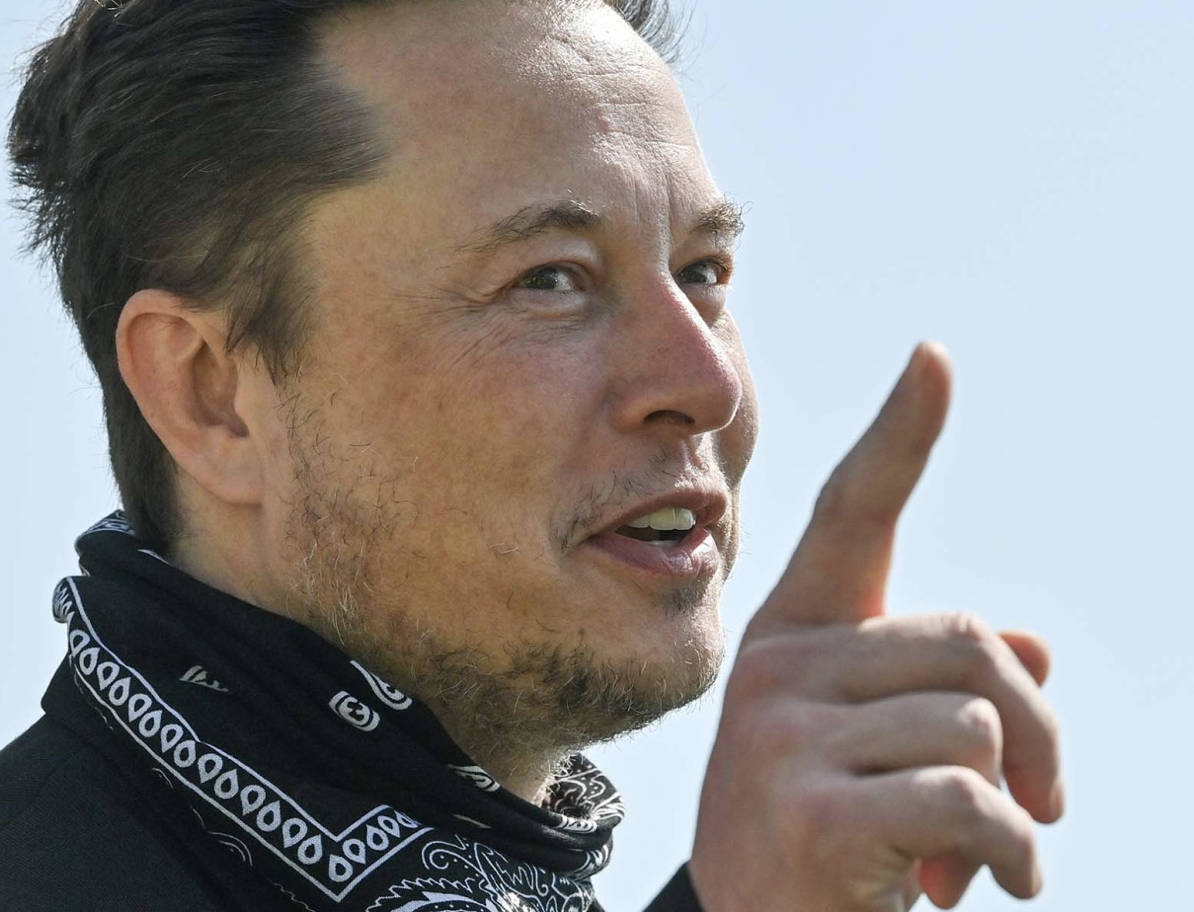I’m in for the Elon Musk revolution.
After 2016’s twin political shocks of Brexit and Donald Trump, the message went out that social media had to come under the political control of — well, whatever you want to call it: the Blob, the center-left, the Apparatus, the managerial class. A giant moral panic was worked up over “disinformation,” and Silicon Valley used its cash to buy off its critics — often employing them in expanded departments dedicated to “safety” and “disinformation.” The private sector responded by immediately crowning “disinformation experts” and “online safety advocates” on the outside.
The data-sniffing techniques that the Obama campaign had used for itself had to be disallowed for the likes of conservatives at Cambridge Analytica. Obama scolded Mark Zuckerberg. Twitter began hiring a phalanx of censors who superintended over our political conversations. A test run of how things were supposed to work in the new dispensation came in Ireland’s abortion referendum. Pro-life campaigners, basically outgunned in traditional media, were relying on Facebook to motivate and organize their voters. In the days before the pro-lifers’ bought-and-paid-for social-media blitz, tech companies such as Google and Facebook announced that there was a threat of foreign interference in the referendum and that they were shutting down all advertising related to the referendum. The move was welcomed by one side and not the other. It probably made no difference, but the headline press was that “threats to democracy” were vanquished. And so they were again in 2020 and during the Covid-19 pandemic. What we had witnessed in those years was the full incorporation of Silicon Valley into the Establishment.
Well, if you haven’t noticed, Elon Musk has now effected Twitter’s divorce from the Establishment. In a lightning campaign of downsizing, he’s managed to annihilate the political supervision of the “Trust and Safety” team. The former head of that team, Yoel Roth, immediately turned to the most important Establishment organ, the New York Times, to call for Apple and Google to economically blockade Twitter and destroy it. Roth then went on to explain everything that governments, regulators, and advertisers must do to tame Twitter now that it has lost him as its reliable internal political commissar. Meanwhile, without the services of Mr. Roth’s version of “Trust and Safety,” there has been a spectacular and documented decline of child pornography appearing on Twitter.
Musk has threatened to make transparent the efforts of political management that went into Twitter over the last half-decade.
Shibetoshi Nakamoto@BillyM2k·
Replying towell whatever it decides to do, twitter should be clear and consistent about it’s rules and penalties for breaking them, enforcement should be unbiased, and the mechanisms of enforcement shouldn’t be easily abused by people who have an agenda 6281,65333.1K
Elon Musk@elonmusk
Replying to
The more I learn, the worse it gets. The world should know the truth of what has been happening at Twitter. Transparency will earn the trust of the people.
And almost everyone in the Establishment is firing back. Journalists tried to will the destruction of Twitter one weekend, thinking that without all the commissars, the thing would cease to work. The leading voices of the Apparatus in Silicon Valley, such as Kara Swisher at Vox/Recode, have gone on a full anti-Musk jihad. “You may be my greatest disappointment in 25 years of covering tech,” she declared mawkishly, after falsely reporting that he had taken money from the disgraced head of crypto-trading scam FTX, Sam Bankman-Fried.
Be prepared for even greater anti-Elon pressure campaigns on advertisers and other tech partners. There will be trumped-up trending stories about people selling their Teslas at a loss just because they care so much about “democracy.” It would be shocking if, in the coming days, we don’t see some tech firms announce soft blacklists for software engineers who stay on Twitter, especially those that are the most politically active — like the New York Times’ tech team.
But what makes Musk’s revolution exciting is that it is an attempt to reboot Silicon Valley without the political management from — well, whatever you want to call it. And you can almost tell that other companies, from Facebook to Apple, are watching to see if Musk can effect Twitter’s successful exit from the wokerati. If he succeeds, he won’t be the last.
To see this article in its entirety and subscribe to others like it, choose to read more.
 Listen Online
Listen Online Watch Online
Watch Online Find a Station in Your Area
Find a Station in Your Area









 Listen Now
Listen Now Watch Online
Watch Online
